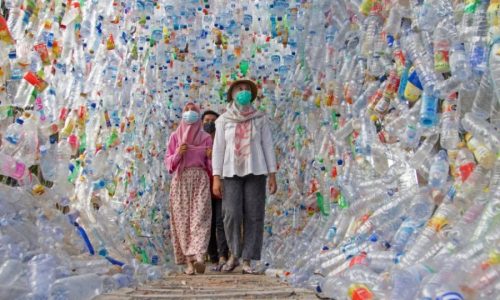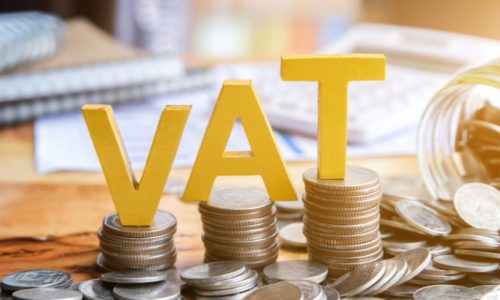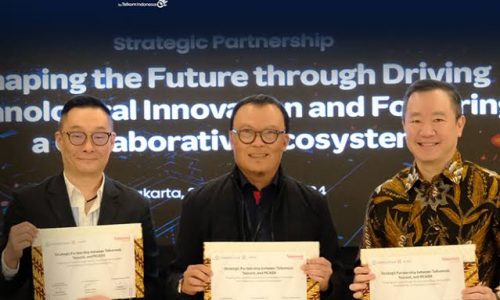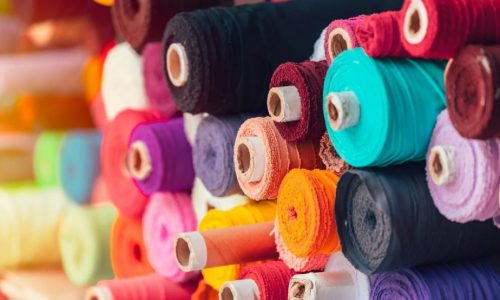Indonesia has reduced tax incentives to restrict investment in lower-quality nickel products, including nickel pig iron (NPI) and second-class nickel ore processing products. The government has made the decision to make the most of its abundant nickel reserves and to encourage more high-value investments in the downstream.
As per Reuters, Bahlil Lahadalia, the Minister of Investment and Head of the Investment Coordinating Board (BKPM), has confirmed that the government will keep focusing on the natural resource processing industry, but it will not offer tax exemptions for NPI investments anymore.
The Indonesian government is anticipating an investment of roughly $95 billion in 2023. Given this expectation, it would be logical for Indonesia to convert its plentiful nickel reserves into more valuable products, such as the raw materials required for electric vehicle batteries.
Capacity expansion to produce nickel at higher levels
Currently, the worldwide nickel market is experiencing a significant surplus of supply this year, primarily caused by a notable increase in production from Indonesia. The International Nickel Study Group (INSG) approximates a surplus of 239,000 tons, which is the most substantial surplus in the last ten years, at least.
Companies involved in nickel processing, such as PT Trimegah Bangun Persada Tbk. or TBP (NCKL) and PT Merdeka Battery Materials Tbk. (MBMA), are expanding their production capabilities. TBP’s subsidiary currently possesses a ferronickel smelter capacity of 305,000 tons annually and has plans to install an additional 12 production lines. Meanwhile, Merdeka currently has a smelter capacity of 38,000 tonnes of NPI and is expected to commence operations of a third smelter, capable of producing 50,000 tonnes, in the latter half of this year.









